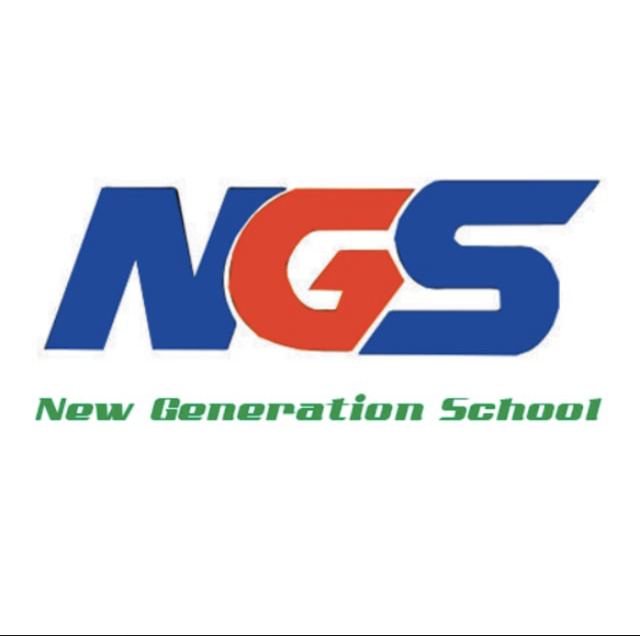New Generation Schools grew out of a pilot project started by KAPE called the Beacon School Initiative. With the start of the Beacon School Initiative, KAPE explored new ways of cooperation between the public and private sector. Low accountability in management and performance in combination with low remuneration have been persistent hindrances in increasing education quality. In essence, BSI tried to convert some deserving public schools into Charter Schools that would have much more independence to innovate than other public schools. This space to be more autonomous was negotiated carefully with the Provincial Office of Education, Youth, and Sport in Kampong Cham where the BSI Project was piloted.
In 2015, MoEYS expressed strong interest in the BSI concept and the idea of starting Cambodian Charter Schools within the public school system. MoEYS provided KAPE with a grant of $374,000 in 2015 to develop a policy framework that has come to be known as the New Generation School Policy. The policy was official adopted by Ministry in September 2016. This was an important milestone event that has provided a legal framework to support replication.
MoEYS also asked KAPE to pilot a ‘school in a school’ model of NGS implementation at Sisovath HS in Phnom Penh in 2015. This pilot successfully created an island of good governance within a school known for many irregularities in the way that it is run. With these successes, MoEYS is now expanding the policy framework to a total of 5 schools in 2017 and another 2 in 2018.
New Generation Schools are autonomous public schools that are run more like private schools. They are built on 5 key operating principles including: (i) Good Governance, (iii) High Teacher Professional Standards (and abolition of rien kua fees); (iii) Intensive Investment linked to Annual Accreditation as a condition; (iv) Rationalised Resource Allocation; and (v) Operational Autonomy. The schools provide high standards of educational quality and world class science and computer facilities. Students must study 40 hours/week at secondary school level and 35 hours/week at primary level (10 hours more than other public schools). Teachers receive added incentives linked to their performance. They are also supported by a formalised Teacher Support System that provides mentoring and opportunities for professional upgrading. The NGS network is now growing and is also providing active outreach to the poor through a Social Equity Fund. New Generation Schools have been highly successful in bringing middle class students back into the public school system and are leveraging higher standards of quality to all public schools in the districts where they operate.



